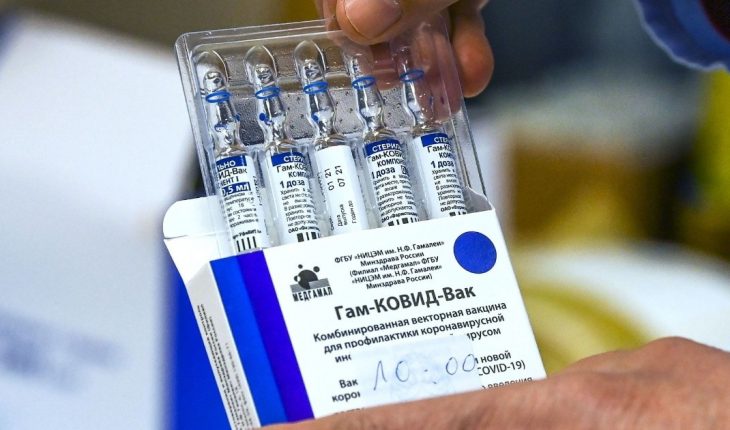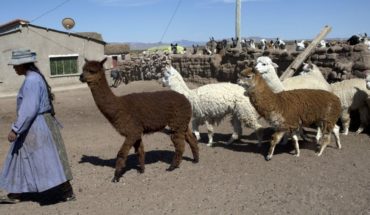On March 25 of this year, after the meeting of the National Immunization Commission (technical body that advises national authorities on aspects related to immunization), the infectious disease doctor Nathalia Katz reported that, based on the available evidence, the epidemiological situation, the limited availability of doses worldwide and the delays in dates and quantities of delivery by producers; it was recommended to postpone the second doses of any of the vaccines currently available in our country to a minimum interval of 12 weeks (3 months) from the first dose in order to offer protection to as many people as soon as possible.As described by the Argentine Society of Infectology, it is a health measure of a dynamic nature and permanently evaluated based on the appearance of new evidence; but after some time had passed, bewilderment began to arise among those who, after three months, still did not receive the second dose: Is the vaccine less effective the longer it takes between the first and second applications? Does the first dose “expire” in the body? Does it stop serving?
“First there was the need to know if the vaccine could work or not and the urgency of having a vaccine in the shortest possible time, then the time between the first and second doses was established for some vaccines in 21 days, for others in 28; that worked and it started with that scheme. In some situations, different doses (different amount of immunogen in the vaccine) were tested or different times were tested and what could be observed is that the greater the separation between the first dose and the second, the better response was achieved. So what had been established in the beginning was a minimum and not a maximum term, “begins explaining about the three-month window Dr. Lucía Cavallaro, president of the Argentine Society of Virology (SAV) and professor at the Faculty of Pharmacy and Biochemistry of the UBA. Hence, the three months were not a ceiling but a floor: “It was a decision that was discussed globally. There was a consensus among vaccine experts around the world that the best strategy would be to vaccinate as many individuals as possible with one dose.” However, when four or five months pass between one application and another, although the vaccine does not “expire”, adds biologist and CONICET researcher Soledad Gori, the problem will at some point be partially unprotected, “but as soon as you have the second dose, the body reactivate all that response”. “It’s not that it changes your effectiveness, because immune memory doesn’t work like that. Precisely, what makes the first exposure to the virus is to give the greatest protection, generate the first immune response and memory; and what the second does is make that response last over time.”
Cavallaro details this process that involves immunological memory and adds: “In the first dose what you do is immunize in such a way that the individual is left with an immunological memory both at the level of B cells, responsible for the synthesis of antibodies, and T cells, which are effector, destroying infected cells directly. ” So when you give a second dose, it would be like a similar effect to if that individual were reinfected with the virus: what you do is improve the first response, it becomes more specific to the antigen you’re immunizing with, it gives it a longer duration over time, and it increases the magnitude (greater quantity) and quality of those antibodies.” The president of the SAV explains, in turn, that the memory cells involved in the protection are long-lived cells. “In general they last for years, it’s not like they last 90 days and after 120 days they died,” Cavallaro says. “The only downside [con una única dosis] is that you have a lower level of protection than when you have the two doses.” In this sense, Soledad Gori clarifies —about what was being said with the appearance of the delta variant—, that it is not the same to have a dose than not to be vaccinated. “If you’re not vaccinated you don’t have any kind of response. In the event that you are vaccinated, you are barely given the second one [dosis] you already have a much faster and higher response because you already have a first encounter with the virus.” Likewise, “If the majority of the population is not vaccinated with at least one dose by prioritizing only complete schemes, we put the latter at risk also because the virus continues to circulate and generates new variants, for which perhaps not even the complete scheme reaches.”
Still, completing the scheme is still imperative. “Today, in light of all the variants of concern that we already have identified, plus other variants of interest, already we know that this virus is evolving rapidly. In addition to the different situations that contribute to this emergency, the situation arises today is that we must have the population vaccinated with two doses as soon as possible. It does not mean that having one dose does not work but we have to get to both, “concludes Cavallaro.





